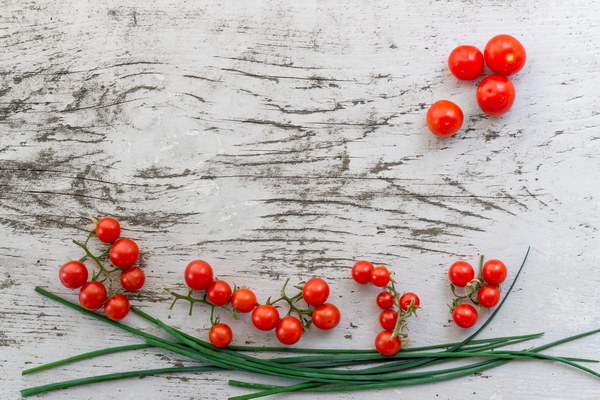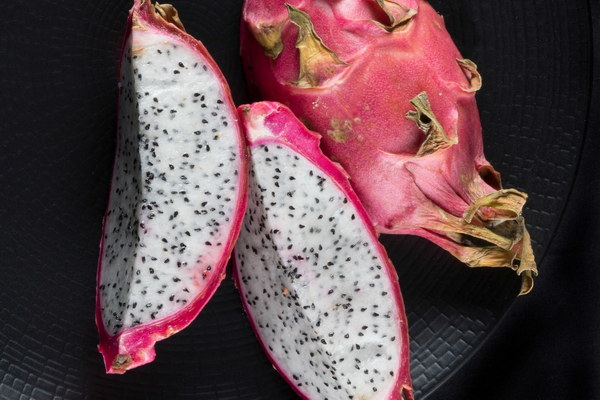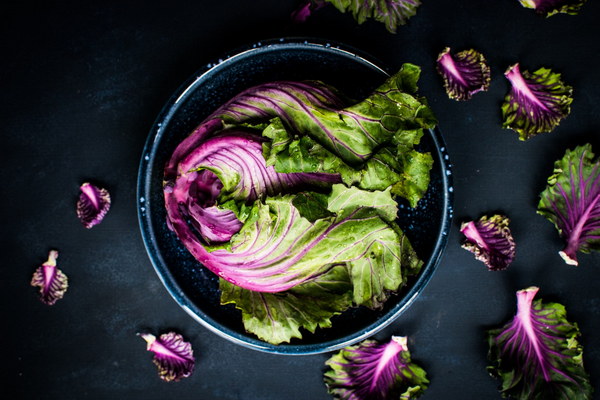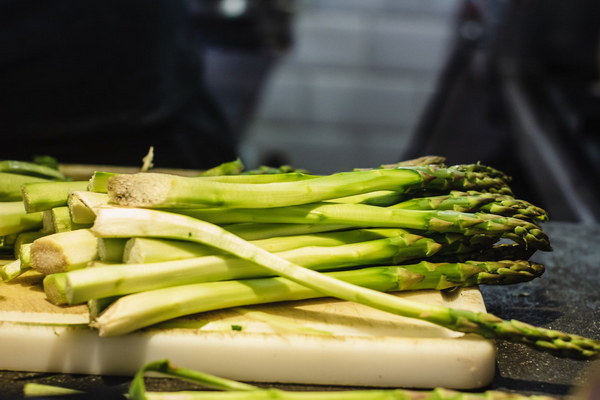Spring's Quick Guide to Banishing Dampness Natural Remedies for a Fresh Start
As the world awakens from its winter slumber, the spring season brings with it a burst of life and energy. However, it also ushers in a common challenge: dampness. The warm, moist air can lead to discomfort and various health issues, especially in regions where spring brings heavy rains. Here's a comprehensive guide to banishing dampness quickly and naturally this spring.
Understanding Dampness in Spring
Dampness, also known as damp-heat in traditional Chinese medicine, is characterized by symptoms like fatigue, lack of appetite, body aches, and digestive problems. This condition arises when the body's internal environment becomes too damp, often due to the external environment. In spring, the liver, which is responsible for regulating the body's fluids, can become overly active, leading to dampness.
Natural Remedies for Quick Relief
1. Herbal Teas: Brew a pot of herbal tea that supports the liver and drainage of dampness. Green tea, dandelion root, and burdock root are excellent choices. These teas help to stimulate digestion and urination, aiding in the elimination of excess fluid.

2. Aromatherapy: Essential oils like eucalyptus, tea tree, and peppermint can be inhaled or diffused to help clear up dampness. These oils are known for their decongestant and antiviral properties.
3. Dietary Adjustments: Focus on a diet rich in bitter and pungent flavors, which help to clear heat and dampness. Include foods like garlic, onions, ginger, leeks, and radishes. Avoid cold, damp, and heavy foods like dairy, sugar, and fried foods.
4. Regular Exercise: Engaging in moderate exercise, such as walking, cycling, or tai chi, helps to stimulate circulation and boost the body's ability to expel dampness. It also aids in improving digestion and mood.
5. Proper Hydration: Drink plenty of water throughout the day to aid in flushing out toxins and excess fluids. Warm water with a slice of lemon or ginger can be particularly beneficial.
6. Acupuncture and Massage: These therapies can help to balance the body's energy and improve circulation, thereby reducing dampness. Acupuncture points that are commonly used to treat dampness include SP9 (Yin Tang), SP10 (Shen Mai), and ST36 (Zusanli).
7. Moisture Control: In your living environment, ensure that rooms are well-ventilated and free from dampness. Use dehumidifiers if necessary, and keep clothes and bedding dry.
Lifestyle Tips for Long-Term Prevention
- Mindful Eating: Pay attention to your eating habits, and try to eat in a relaxed environment. Overeating or eating too quickly can lead to indigestion and contribute to dampness.
- Regular Sleep: Ensure you get enough restful sleep, as poor sleep can weaken the body's defenses against dampness.
- Stress Management: Chronic stress can weaken the immune system and lead to dampness. Practice stress-reducing techniques such as meditation, yoga, or deep breathing exercises.
By incorporating these natural remedies and lifestyle tips into your daily routine, you can effectively banish dampness this spring and maintain a healthy, vibrant body. Remember, the key is balance and moderation, both in diet and lifestyle, to support the body's natural rhythms and keep dampness at bay.









